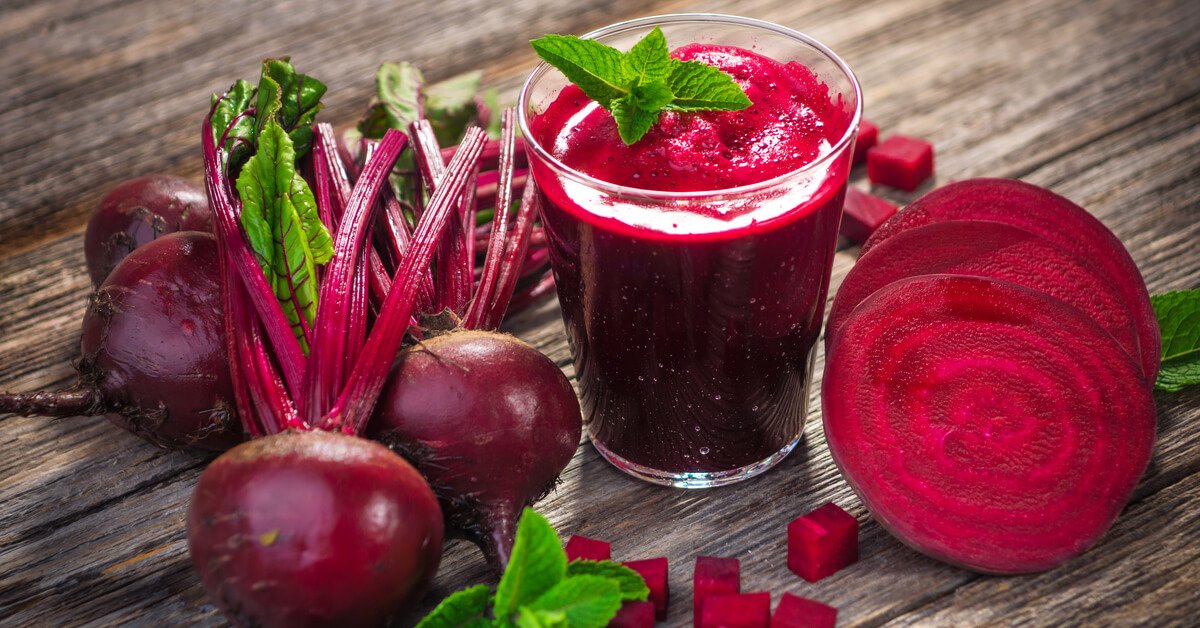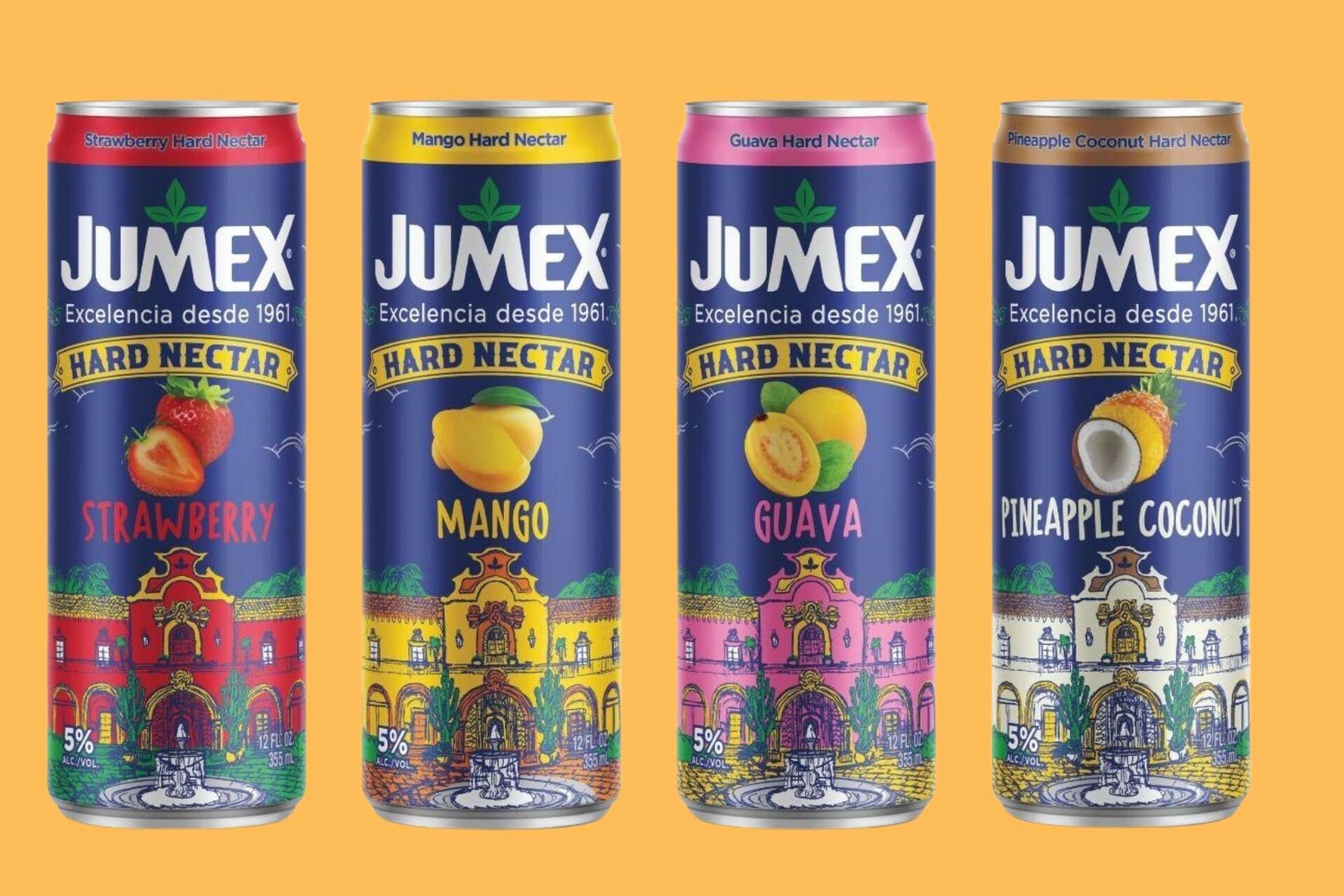Beets, or beetroot, have long been celebrated for their vibrant color and versatility in culinary dishes. However, beyond their appealing appearance and flavor, beets offer a wealth of health benefits that make them a nutritional powerhouse. Rich in essential vitamins, minerals, and powerful antioxidants, they play a crucial role in boosting overall health, from improving athletic performance to supporting heart health and even potentially fighting cancer.
In this article, we will explore the numerous health benefits of beets, backed by scientific evidence, and why incorporating them into your diet can be a game changer.
1. Beets Are Packed with Nutrients
Beets are low in calories but high in valuable nutrients. They contain essential vitamins and minerals such as:
• Vitamin C: Supports immune function and skin health.
• Folate: Important for cell growth and function, particularly beneficial for pregnant women.
• Manganese: Aids in metabolism, bone formation, and nutrient absorption.
• Potassium: Helps to regulate blood pressure and muscle function.
Beets also provide a good amount of fiber, which is essential for digestive health.
2. Boost Heart Health and Lower Blood Pressure
One of the most well-documented benefits of beets is their ability to help lower blood pressure. Beets are rich in nitrates, which the body converts into nitric oxide—a compound that relaxes blood vessels and improves blood flow. This process reduces blood pressure, making beets an excellent addition to a heart-healthy diet.
Several studies have confirmed that regular consumption of beet juice or whole beets can lead to a significant reduction in both systolic and diastolic blood pressure. In fact, a study published in the journal Hypertension found that drinking beet juice daily significantly reduced blood pressure in hypertensive patients .
3. Enhance Athletic Performance
Beets have gained popularity in the athletic community due to their ability to improve exercise performance. The nitrates found in beets help improve oxygen utilization and increase stamina, making them an ideal food for endurance athletes.
Research shows that consuming beet juice before exercise can enhance endurance by increasing time to exhaustion. A study conducted by The Journal of Applied Physiology found that athletes who consumed beetroot juice performed better in high-intensity exercise tests and experienced less fatigue compared to those who did not consume the juice .
4. Anti-Inflammatory Properties
Beets contain pigments called betalains, which have been shown to have anti-inflammatory properties. Chronic inflammation is linked to several diseases, including heart disease, cancer, and diabetes. Consuming anti-inflammatory foods like beets can help reduce inflammation and support overall health.
In one study, beetroot extract was shown to reduce inflammatory markers in people with high blood pressure, suggesting that beets can play a role in managing inflammation in the body .
5. Supports Digestive Health
Beets are a great source of dietary fiber, which is essential for digestive health. Fiber helps prevent constipation, promotes regular bowel movements, and supports a healthy gut microbiome by acting as a prebiotic, feeding the beneficial bacteria in your intestines.
Eating fiber-rich foods like beets can also help reduce the risk of chronic digestive conditions such as diverticulitis, hemorrhoids, and irritable bowel syndrome (IBS). Studies have shown that increasing dietary fiber intake can lead to a lower risk of developing colorectal cancer .
6. Improve Brain Health and Cognitive Function
The nitrates found in beets not only benefit heart health but also boost brain function. Nitric oxide helps increase blood flow to the brain, which can improve cognitive function and potentially slow the progression of age-related cognitive decline.
A study published in The Journals of Gerontology showed that older adults who consumed a high-nitrate diet, which included beet juice, had improved blood flow to the brain’s frontal lobe—a region associated with cognitive thinking and decision-making . This suggests that beets may have protective effects against diseases like dementia and Alzheimer’s.
7. May Have Cancer-Fighting Properties
Beets’ vibrant red color comes from a type of antioxidant called betacyanin, which has been studied for its potential to reduce the growth of cancer cells. Some preliminary research has shown that betacyanin may help slow the growth of tumors in various cancers, including breast and prostate cancer.
While more research is needed in this area, beets’ powerful antioxidant properties suggest they may have a protective role in cancer prevention. Including a variety of colorful vegetables, like beets, in your diet can be part of an overall cancer-prevention strategy.
8. Detoxification Support
Beets are often used in detox diets because they support the body’s natural detoxification processes. The liver plays a crucial role in detoxification, and beets help support liver function thanks to their high levels of betaine—a compound that helps the liver eliminate toxins.
Incorporating beets into your diet may help your liver process and remove toxins more efficiently, which can improve overall health and well-being.
9. Aid in Weight Management
If you’re looking for a nutrient-dense, low-calorie food to help with weight management, beets are an excellent choice. They’re high in water and fiber, which can help you feel fuller for longer periods, reducing overall calorie intake. Beets’ natural sweetness also makes them a healthy alternative to sugary snacks, helping to satisfy sweet cravings without the extra calories.
How to Incorporate Beets into Your Diet
Beets are incredibly versatile and can be enjoyed in a variety of ways. Whether you prefer them roasted, boiled, juiced, or raw, beets can easily be incorporated into your meals. Here are a few ideas:
• Juicing: Beet juice is a popular option for those looking to improve stamina and endurance.
• Salads: Add thinly sliced raw beets to salads for a crunchy, nutrient-dense addition.
• Smoothies: Blend beets with fruits like berries, bananas, and spinach for a refreshing smoothie.
• Roasted: Roasted beets with olive oil and herbs make a delicious side dish.
• Soups: Beets are the star ingredient in borscht, a traditional Eastern European soup.
Conclusion: Beets Are a Superfood You Shouldn’t Ignore
Beets are more than just a colorful addition to your plate. With their wide range of health benefits, from improving heart health and athletic performance to supporting brain function and potentially fighting cancer, beets truly deserve their superfood status. Including them in your diet regularly can help you enjoy better health and well-being.
Whether you’re looking to boost your energy levels, improve digestion, or support your overall health, beets are a simple and delicious way to achieve your goals. With scientific backing for their numerous health benefits, it’s time to give beets the spotlight they deserve in your diet.
References:
1. Hypertension Journal – “Nitrate Supplementation Lowers Blood Pressure in Hypertensive Patients” Link
2. Journal of Applied Physiology – “Effects of Dietary Nitrate Supplementation on Exercise Performance” Link
3. Journal of Clinical Nutrition – “Anti-inflammatory Effects of Beetroot Extract on Inflammation Markers” Link
4. Journal of Nutrition – “Dietary Fiber and Colorectal Cancer Risk” Link
5. The Journals of Gerontology – “Dietary Nitrates and Improved Cognitive Function in Older Adults” Link



